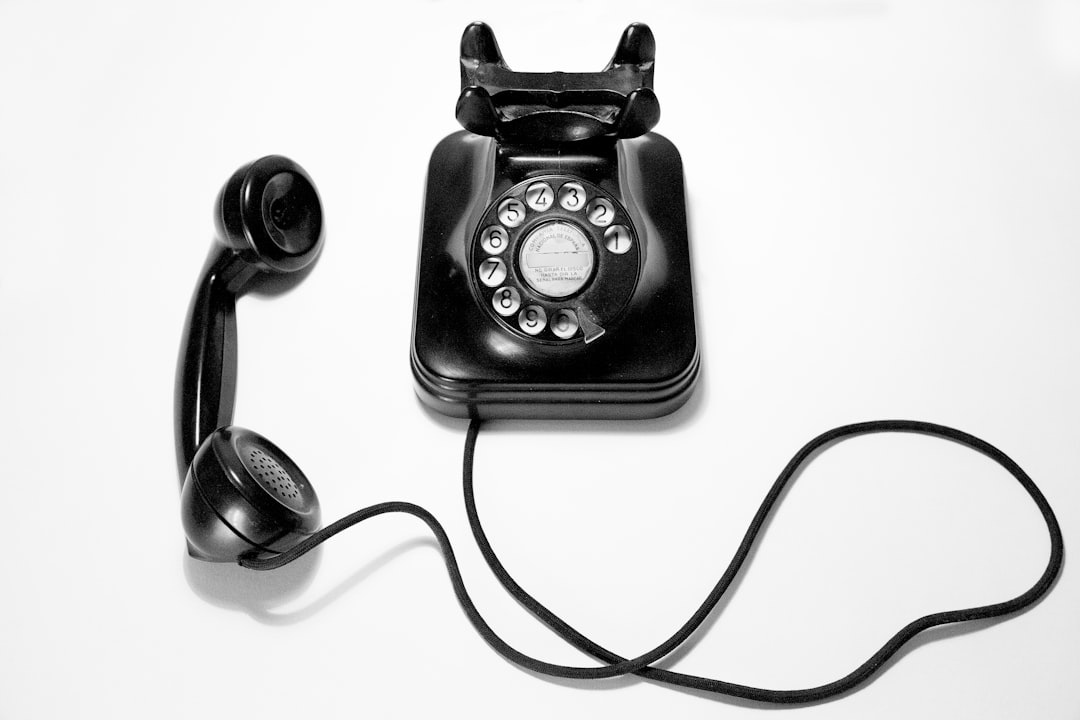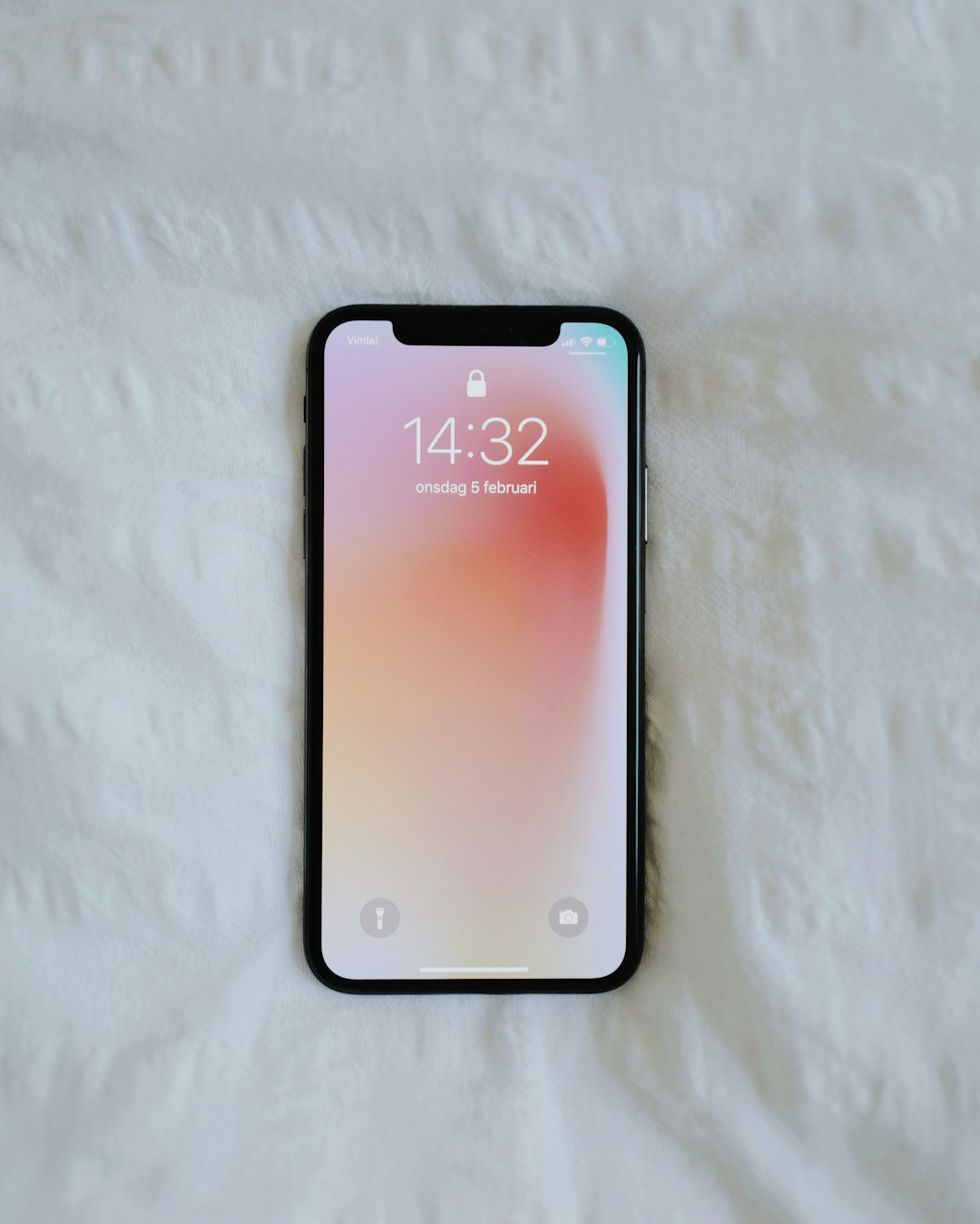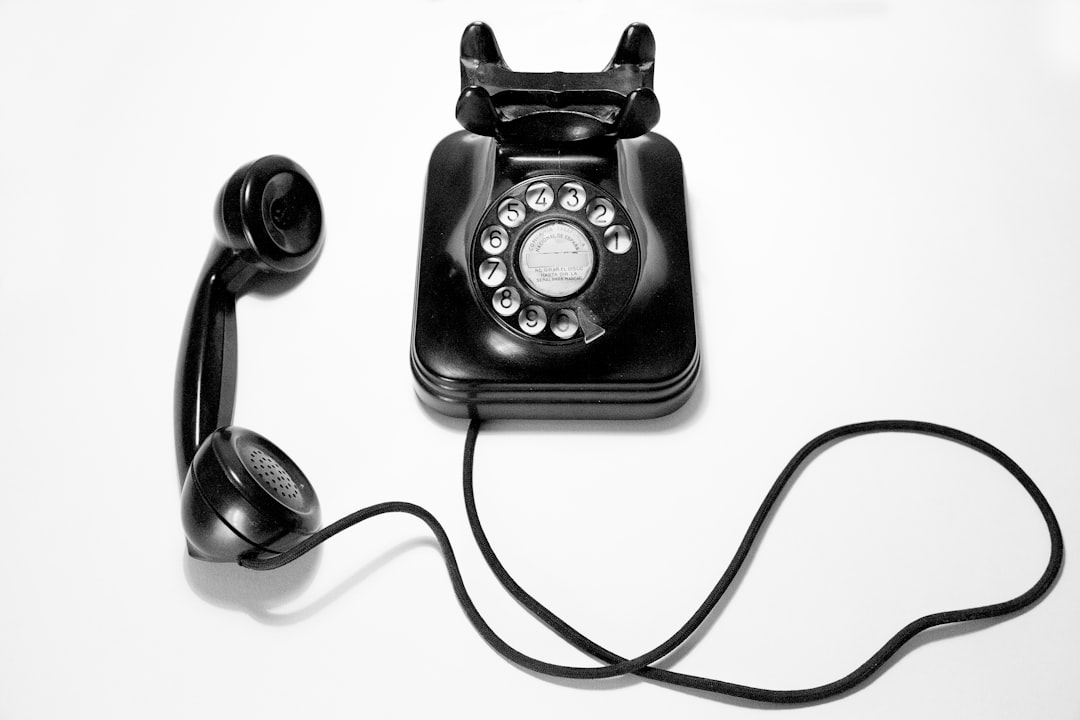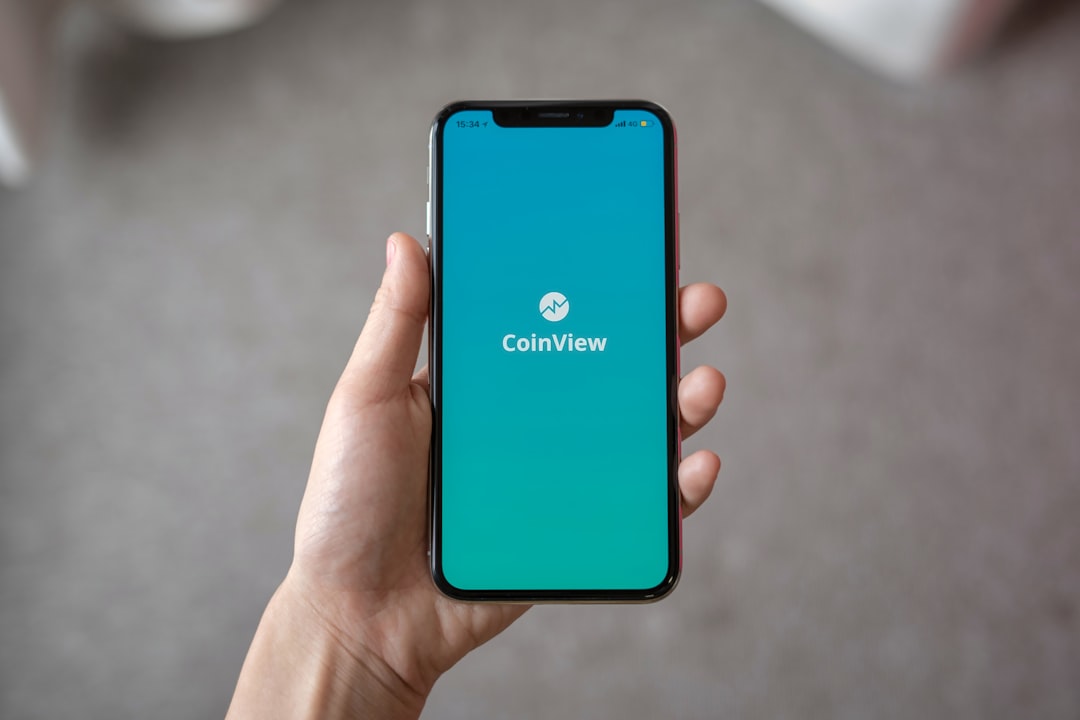Robocalls are a growing problem in Nebraska, with millions of automated calls annually targeting landlines. The Telephone Consumer Protection Act (TCPA) and Federal Trade Commission (FTC) offer legal protection, while the Nebraska Attorney General's Office provides resources to block numbers and register for "Do Not Call" lists. Mobile apps empower Nebraskans to combat robocalls using advanced algorithms and community data. Effective strategies include registering on 'do not call' registries and installing reputable blocking apps, allowing users to customize settings and gain control over unwanted calls, including those from robocall Attorney Nebraska.
In the digital age, Nebraskans face a growing menace from robocalls, automated calls that can be frustrating and even dangerous. Understanding these calls and their impact is the first step towards protection. This article explores legal protections available to Nebraskans, delving into how apps play a pivotal role in blocking these unwanted intrusions. We present top app choices tailored for the state’s residents and offer effective strategies to minimize robocall nuisance, empowering folks with knowledge to protect themselves from rogue robocalls and consult with a robocall Attorney Nebraska when needed.
Understanding Robocalls and Their Impact in Nebraska

Robocalls have become a persistent nuisance for Nebraskans, with an estimated millions of automated calls flooding the state each year. These unwanted phone calls, often from out-of-state or even international numbers, are designed to promote products, services, or even legal services. While some robocalls may be easily identifiable and blocked, others use sophisticated techniques to bypass traditional filtering methods, leading to a significant impact on residents’ daily lives.
In Nebraska, where a substantial portion of the population relies on landlines, robocalls can disrupt peaceful moments at home and disrupt work environments. More concerning is their potential to mislead and exploit vulnerable individuals. A robocall Attorney Nebraska might seem like a helpful resource, but many such calls are scams designed to gather personal information or extract financial gains through pressure tactics. Understanding these calls and their impact is the first step toward empowering Nebraskans to protect themselves from this modern-day nuisance.
Legal Protections Against Unwanted Calls

In Nebraska, legal protections are in place to help residents combat robocalls. The Telephone Consumer Protection Act (TCPA) is a federal law that restricts automated phone calls and text messages to individuals without their prior consent. Nebraskans can take advantage of this legislation to stop unwanted robocalls. If you’re being harassed by these automatic dialing systems, you have the right to file a complaint with the Federal Trade Commission (FTC).
Additionally, Nebraska’s Attorney General’s Office provides resources and guidance on dealing with robocalls. They offer tips on how to block calls from specific numbers and register for “Do Not Call” lists. These measures can significantly reduce the number of robocalls received. By leveraging these legal protections and utilizing available tools, Nebraskans can take proactive steps to protect their privacy and peace of mind from intrusive automated calls.
Role of Apps in Blocking Robocalls

Apps play a pivotal role in empowering Nebraskans to protect themselves against robocalls. These user-friendly tools offer a simple yet effective solution by acting as digital filters, blocking unwanted calls from known robocall sources. With just a few taps on their smartphones, individuals can silence these persistent and often fraudulent calls.
Many apps are designed specifically to combat robocalls, leveraging advanced algorithms and community-driven data to identify and block suspicious numbers. By integrating with phone books and call history, these applications learn patterns associated with robocallers, ensuring a more comprehensive defense against automated marketing attempts. For Nebraskans seeking legal recourse against robocalls, these apps serve as a first line of defense, allowing them to concentrate on understanding their rights and pursuing action through a robocall attorney in Nebraska if necessary.
Top App Choices for Nebraskans

In the ongoing battle against robocalls, Nebraskans have found a powerful ally in mobile applications designed to protect them from these unwanted calls. Among the top choices are apps that offer robust blocking capabilities, using advanced algorithms to identify and filter out spam calls. These tools often allow users to customize their preferences, blocking specific numbers or types of calls based on location or call patterns.
Additionally, some apps provide valuable insights into the source of robocalls, offering a degree of transparency and control. Features like call history analysis, number identification, and even legal assistance are available through top-rated apps designed to combat robocalls. With a simple download, Nebraskans can arm themselves against these nuisance calls, ensuring a quieter, more peaceful communication experience.
Effective Strategies to Reduce Robocall Nuisance

Robocalls can be a relentless nuisance, but Nebraskans have several effective strategies at their disposal to reduce the distress caused by these unwanted calls, especially from robocall Attorney Nebraska. One of the most popular methods is utilizing do-not-call lists and services. By registering on state or national ‘do not call’ registries, residents can limit the number of promotional calls they receive. These lists are legally binding, making it harder for telemarketers to contact you.
Additionally, installing reputable robocall blocking apps offers a practical solution. These applications learn to identify and block various types of automated calls, including those from robocall Attorney Nebraska. They often use machine learning algorithms to adapt and improve their accuracy over time. Users can customize settings to allow specific numbers through, providing control over the types of calls received.






